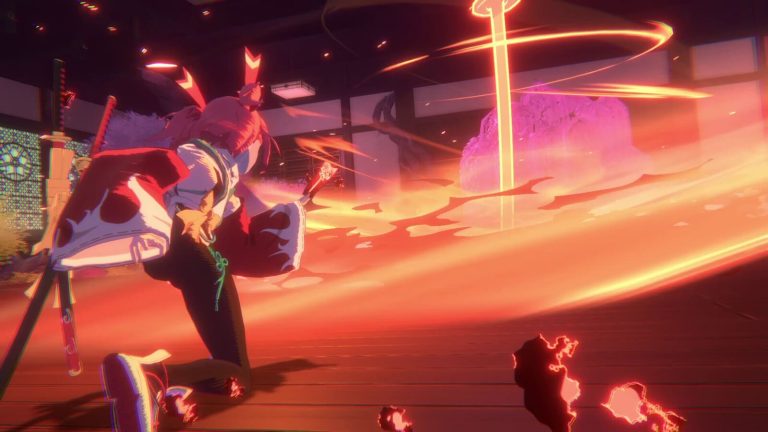Japanese spaces on X (formerly Twitter) are inhabited by large volumes of overseas engagement farmers. These are colloquially referred to as “impression zombies” (jp: インプレゾンビ), due to many of them being actual bots or behaving like bots, posting large volumes of unrelated replies under high-engagement tweets. It goes without saying that such accounts are considered a nuisance (and even dangerous in some situations, as explained below). But recently, there has been an unexpectedly wholesome development between Japanese users and impression farmers, particularly Nigerian ones.
Japan’s “impression zombie” problem first started around August 2023, when X introduced its impression-based revenue model for accounts subscribed to X Premium. Of course, the same phenomenon can be seen worldwide, with no tweet being safe from “p***y in bio” replies. However, Japan seems to have it quite bad, with non-Japanese accounts flooding popular posts and hashtags, often copy-pasting the posts of Japanese speakers for engagement. It is thought that Japanese spaces on X are particularly targeted by engagement farmers due to their high traffic. According to Yomiuri Shimbun, an average of 40 million Japanese people use X daily, and Japanese users have the highest average daily time spent on the site.
Apart from making it difficult to find replies that are relevant to ongoing topics, posts by impression zombies are also potentially dangerous in times of natural disasters and accidents. The NHK reports that during the 2024 Noto Peninsula Earthquake that claimed 245 lives, impression zombies duplicated posts by real Japanese users calling for help, making it difficult to identify original posters and perform rescues. The high volume of copy-pasted tweets also made it difficult to determine whether a call for help had already been responded to or not.
However, there has been an unexpected development in Japan’s impression zombie situation recently. It all started with X user Masaya-san posting an appeal addressed to impression zombies, asking them to be more “halal” about their ways (seen below).
In a follow-up post, Masaya-san advises Japanese people troubled by impression zombies to “tell them to study Japanese and read Minna no Nihongo” (a beginner’s textbook for learning Japanese).
In response, a surprising number of accounts actually took the advice at face value and started posting genuinely about their countries in Japanese (many such posts can be seen in the quotes of Masaya-san’s tweet). Japanese users responded to the reformed impression zombies with warmth and support, resulting in a slightly bizarre but very wholesome atmosphere. Several accounts using this new method (which is ironically the original intended way to use Twitter) were nurtured to fame by the Japanese community, the Nigerian User Ken Chan being a notable example.
Numerous posts by Ken chan introducing Nigerian cuisine and locations have gone viral, with Japanese people even responding by posting their recreations of Nigerian recipes. Ken Chan’s account has risen to over 17k followers in a matter of days.
Although bots and engagement farmers largely continue to be a thing, the temporary peace found between Japanese netizens and impression zombies is quite touching.





